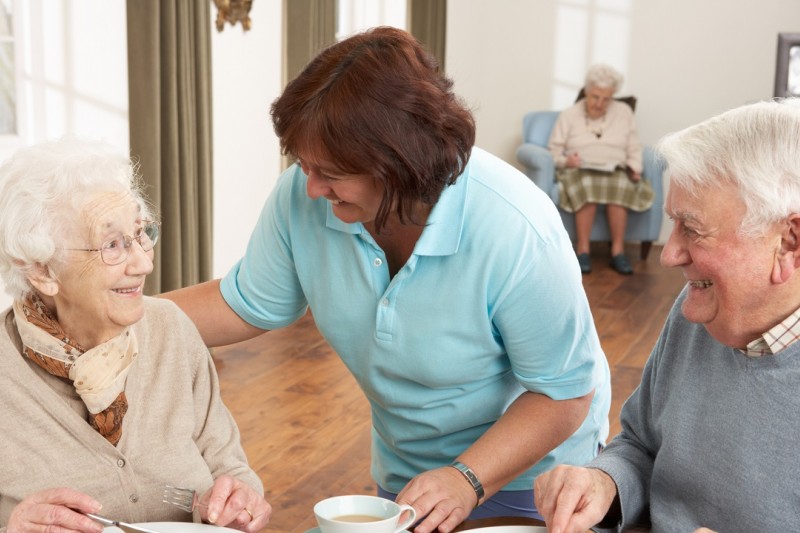BU’s School of Health and Social Care developed a collaborative lifeworld-led transprofessional curriculum for health and social work disciplines harnessing technology to connect learners to evidence based practice.
This initiative was underpinned by the School’s expertise and research scholarship in lifeworld-led philosophy for humanising care (Todres et al 2006, Todres 2008, Galvin & Todres 2012) and enabling learning for practice with innovative use of technologies for transformative learning (Hutchings, Quinney and Scammell 2010, Hutchings, Scammell and Quinney 2013, Pulman, Scammell and Martin 2008, Pulman et al 2012).
Exploring Evidence to Guide Practice is a second year undergraduate module in which students are introduced to evidence in a situated way through online case studies, providing service user and carer stories in the form of media clips from television, radio and films; podcasts; poetry; drama; and narrative case studies, with associated evidence from journal articles and policy documents. The intention is to immerse learners in the lifeworld of the people they will encounter by drawing on these different kinds of knowledge and encouraging learners to imagine ‘what it is like’ for the person experiencing a condition (such as dementia) or a situation (such as social isolation) and encountering human services, with the aim of developing empathic understanding, critical judgement and ethical sensitivity as a touchstone for guiding their practice in their future professional roles.
Exploring Evidence to Guide Practice has been delivered to over 1700 students since the module started in 2010. Evidence drawn from student evaluations has demonstrated deeper understanding of the different kinds of evidence presented and an appreciation of how arts and humanities materials and qualitative research can guide practice. Students have commented:
I enjoyed reading the arts and humanities descriptions of people with MS as I gained a deeper understanding of those individuals
The “heart” part of the case study really opened my eyes as to people’s real experiences and I feel I could be more beneficial to them in practice.
The arts and humanities have made me want to research people’s experiences on line to obtain a greater understanding and skills to improve my practice.
I felt the qualitative materials such as videos, poems and narrative accounts helpful in understanding patients’ experiences of back pain and how it affected their overall holistic needs, it helped to not just focus on the biomedical model.
Watching the film clips about dementia, understanding how the health settings could provide the best quality care to help the relatives and people suffering from dementia and having their voice heard.
Exploring Evidence to Guide Practice has provided a flagship and model for the Faculty’s development of the humanisation framework within the curriculum and forms a significant part of the Faculty vision for embedding humanising care across the curriculum. Through the fusion of education, research and professional practice, a significant body of work is emerging which focuses on student and staff experiences. The work has been recognised internally and externally for research informed teaching and innovative assessment with the BU Vice Chancellor Award for the team providing an Excellent Educational Experience underpinned by Research, and nationally by the HEA SWAP Learning and Teaching Award for Innovative Assessment.


